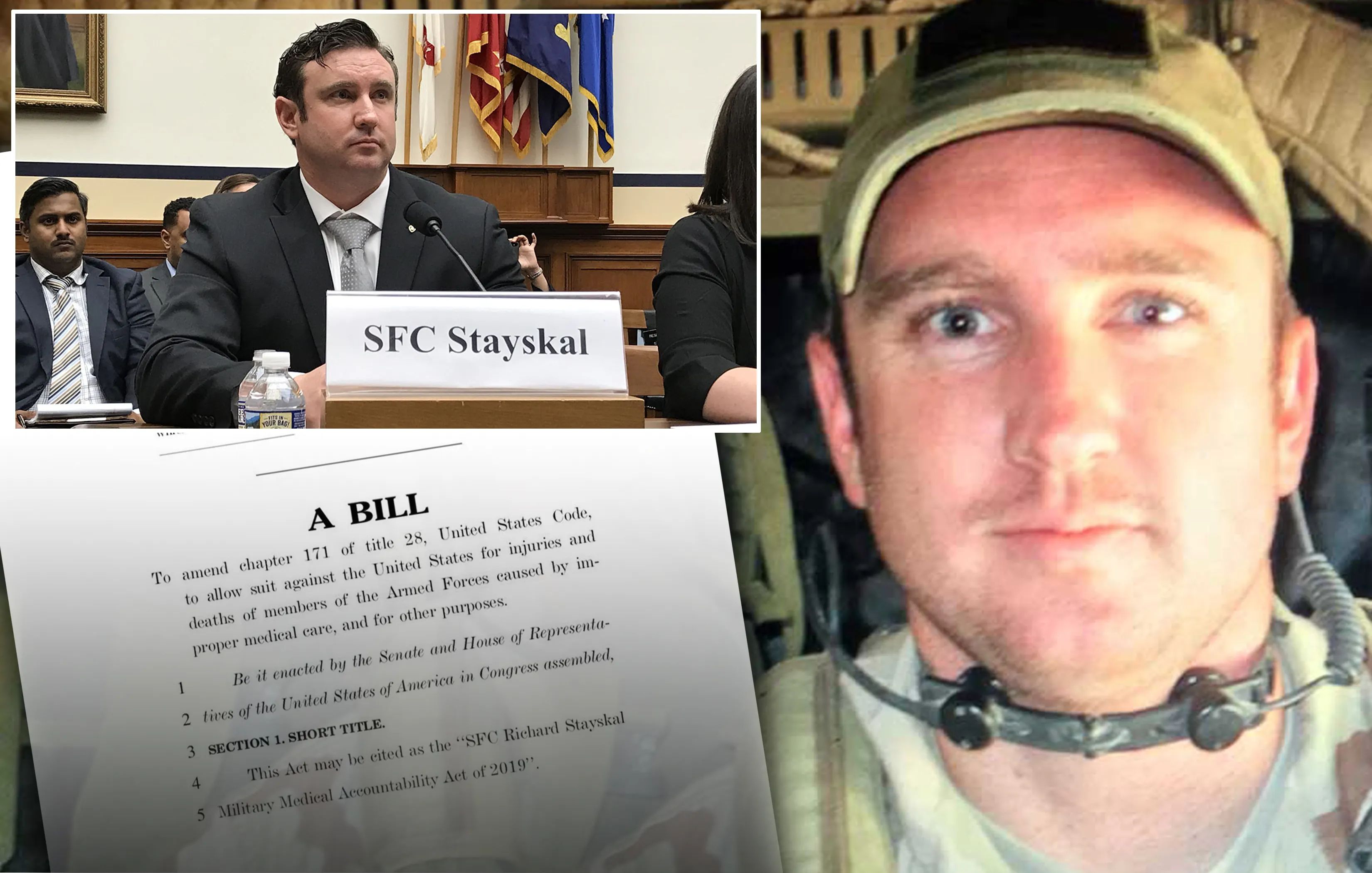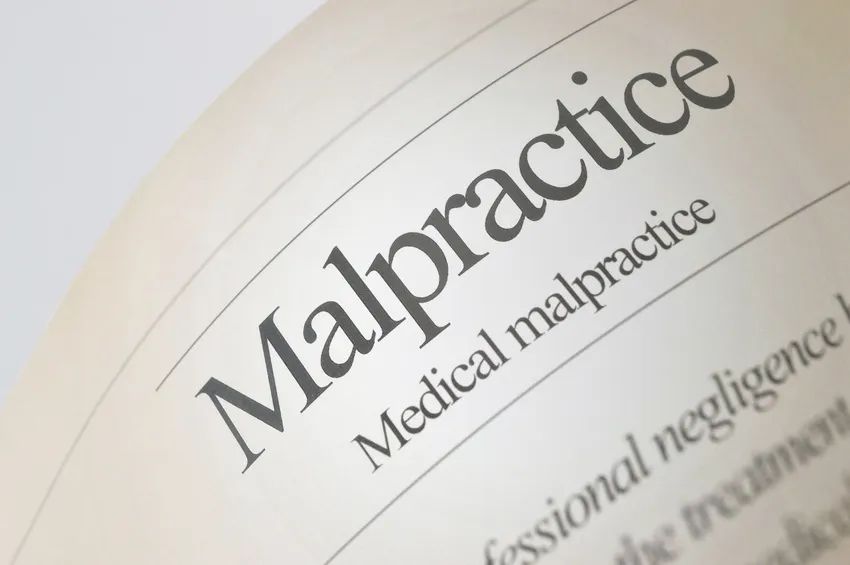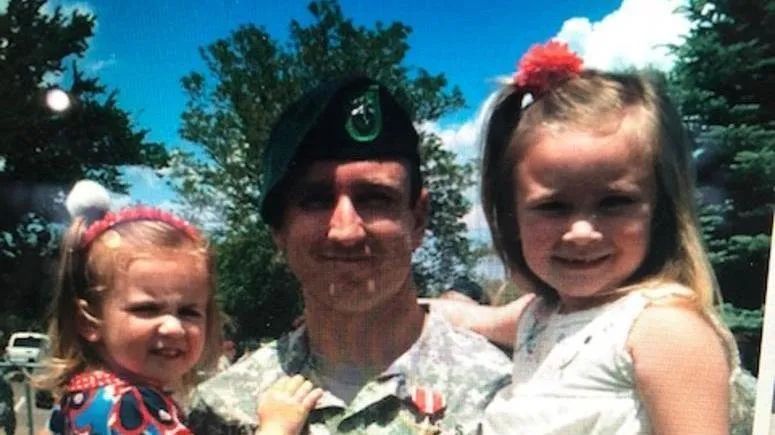Can Active Duty Military Sue for Medical Malpractice?
The Answer & Our 12 Most Asked Questions
Until recently, active duty service members could not pursue a legal claim for compensation when they were the victims of military medical malpractice. Now they can. As part of legislation that went into effect January 1st, 2020, active duty military personnel and their next of kin can now file a claim with the Department of Defense for death or personal injury caused by the negligence of military medical providers.
We are constantly asked, “Can you sue the military for medical malpractice?” We’ve answered that question, and others, below.

1. What is the Sfc. Richard Stayskal Military Medical Accountability Act and What Does it Mean for Active Duty Military?
The Sfc. Richard Stayskal Military Medical Accountability Act was a part of the 2020 National Defence Authorization Act, which is a United States federal law which specifies the budget, expenditures and policies of the U.S. Department of Defense (DOD) for fiscal year 2020.
The Sfc. Stayskal Military Medical Accountability Act allows active duty members in the Armed Forces or their families to file medical malpractice claims against the DOD through the Military Claims Act for injuries and deaths caused by medical malpractice at DOD hospitals.
The introduction of the Military Medical Accountability Act (MMAA) is the first step towards addressing the 1950 Feres Doctrine, which bars active duty servicemembers from suing the government for negligence including personal injuries suffered “incident to service”, including those injuries that occurred as a direct result of negligence by a military facility or by military personnel.

2. Can Active Duty Military Now Sue for Medical Malpractice?
No, you cannot sue the military in federal court as an active duty service member or family member on behalf of an active duty servicemember.
What the MMAA does allow, is for active duty service members or their families to file a claim with the DOD. The claim process is dictated by the US Government; comes with its own guidelines and limitations; and claims are adjudicated administratively. A judge is not involved with the process. There is no trial. There is no right to appeal an adverse decision by the DOD in a Court of Law. In many ways, the process can be somewhat akin to the fox guarding the Chicken Coop.

3. How Long Do You Have to File an MMAA Claim?
When filing an MMAA Claim, active duty victims and their families have two years from the date of injury to file. For those pursuing a claim in 2020, they can file for injuries and/or death beginning in 2017.

4. What is the Process for Filing a Claim Under the MMAA?
(1) You must file your claim within two years. When filing an MMAA Claim, active duty victims and their families have two years from the date of injury to file. For those pursuing a claim in 2020, they can file for injuries and/or death beginning in 2017.
(2) Gather evidence to support your claim. Gather as many documents as possible to support your claim and the damages you are seeking so that the DOD has substantial materials to judge the merits of your claim. While we recommend you have an attorney to guide you through this process, it is not required by the DOD to have legal representation.
(3) Submit your claim. Claims must be brought before the Department of Defense by either a service member or their legal representative, either an attorney or a surviving family member. Where you submit a claim will also depend on what branch of the military you are in:
-
Members of the Army:
You may submit a claim at the Office of the Staff Judge Advocate, to the Center Judge Advocate of the Medical Center in question, or with U.S. Army Claims Service, 4411 Llewellyn Avenue, Fort Meade, Maryland 20755, ATTN: Tort Claims Division. -
Members of the Navy and Marine Corps:
The navy provides legal services and counsel through the United States Judicial Advocate’s General Corps (JAG), as well as the necessary forms to submit a claim. Claims should be mailed to the Office of the Judge Advocate General, Tort Claims Unit, 9620 Maryland Avenue, Suite 205, Norfolk, Virginia 23511-2949. -
Members of the Air Force:
Office of the Staff Judge Advocate at the nearest Air Force Base, or submit your claim by mail to AFLOA/JACC, 1500 W. Perimeter Road, Suite 1700, Joint Base Andrews, MD 20762. POC: Medical Law Branch, AFLOA/JACC 240-612-4620 or DSN 612-4620.
(4) Your claim will be reviewed by the Secretary of Defense and a decision will be made. If they determine that your claim is valid and the damages being sought are under $100,000, that amount will be paid out directly to the servicemember beneficiary by the DOD. For damages over $100,000, those claims will receive a final approval and will be paid out by the Treasury Department.

5. What Exactly Can You File a Claim for Under the MMAA?
Per text of the bill, “The claim is for personal injury or death caused by the negligent or wrongful act or omission of a Department of Defense health care provider in the performance of medical, dental, or related health care functions while such provider was acting with the scope of employment.”
A wide range of injuries may be inflicted by a negligent military doctor. Common types of medical negligence include:
- Misdiagnosis or failure to diagnose
- Delays in medical diagnosis
- Negligent prenatal care
- Birth injuries
- Medication and prescription errors
- Surgical negligence and unnecessary surgeries
- Anesthesia negligence
- Negligent medical care and mental health support resulting in suicide
- Post-surgical errors and infections
- Nursing negligence

6. Can an MMAA claim be filed for an active duty servicemember who committed suicide?
Yes. The Department of Defense has an obligation to treat the mental health issues of our nation’s active duty military. Unfortunately, treatment for mental health conditions such as PTSD, depression, anxiety and chronic pain are often significantly delayed or essentially ignored. When that happens your loved one may experience a mental health crisis which results in suicide. Suicide is not a moral failure and can often be prevented with appropriate medical and mental health treatment.

7. Who is Sfc. Richard Stayskal and Why is He Important Regarding the MMAA?
Sergeant First Class Richard Stayskal is a terminally ill North Carolina Green Beret, recipient of a Purple Heart, who was suffering from terminal lung cancer because military doctors failed to inform him of his cancer on two separate occasions. Due to the 1950 Feres Doctrine, Stayskal was unable to file a lawsuit against the military.
Stayskal set out to change this unfair and unconstitutional law. California State Representative Jackie Speier is the legislator who primarily helped him achieve that goal when she introduced the Sergeant First Class Richard Stayskal Military Medical Accountability Act of 2019. Although the specific legislation introduced by Representative Speier never passed, her efforts paved the way to an amendment being included in the National Defense Authorization Act which allows service members and their families to file a medical malpractice claim with the Department of Defense.
On December 20, 2019, President Donald J. Trump signed the National Defense Authorization Act into law that allows our service members to file a claim for medical malpractice at military facilities. For the first time ever our active duty members of our military have a right to file a medical malpractice claim and be compensated because of the SFC Richard Stayskal Military Medical Accountability Act.[14] This Bill effectively overturned the Feres Doctrine, a 70 years old ruling that has never been successfully overturned before this Bill. (from Wikipedia.)

8. Do I Need an Attorney to File a Claim Under the MMAA?
While legal representation is not required by the DOD, we do recommend having an attorney guide you through the claims process.
Prior to taking your case, often an attorney will perform initial research to determine if your claim is substantiated. An attorney will work with you as well as other resources to pull together realistic evidence and records to support claims as well as break down the damages being sought.
Working with an attorney through this process can provide you with the expertise to navigate the process as well as allow you to better focus on healing, while the often arduous legal process is managed by someone seasoned in the language, process, and details.

9. What is the Difference between the MMAA and the Federal Tort Claims Act?
The SFC Richard Stayskal Military Medical Accountability Act allows active duty servicemembers to seek damages by filing a claim against the US Government through the DOD. The claim process is dictated by the US Government and a judge is never involved with the process. You cannot appeal an adverse decision by the DOD in a Court of Law. In many ways, the process can be somewhat akin to the fox guarding the Chicken Coop.
The Federal Tort Claims Act (FTCA) only allows civilians, military dependents, and veterans to file a claim against the military for compensation. The FTCA does not allow active duty service members to seek damages. If an FTCA claim is not favorably resolved during the Administrative Claims process, then a lawsuit against the United States Government can be filed in Federal Court, and the matter is assigned to a Federal Judge or Magistrate for further resolution.

10. How is Compensation Handled for a MMAA Claim?
Once you have submitted a claim to the DOD it will be reviewed by the Secretary of Defense and a decision will be made. If the DOD determines your claim is valid and the damages being sought are under $100,000, that amount will be paid out directly to the servicemember beneficiary by the DOD. For damages over $100,000, those claims will receive a final approval and will be paid out by the Treasury Department.

11. How is an Attorney Paid When Filing a MMAA Claim?
If an attorney agrees to represent you they will typically have you sign a retainer agreement. Most retainer agreements will include a provision that all fees and costs, such as expert witness fees, will be advanced by the attorney representing you. Typically, you will only be required to repay these fees and costs if your claim is settled and you receive monetary compensation. The retainer agreement should also include a provision regarding the amount of attorney fees you will be required pay for your legal representation. Under Federal law, that amount cannot exceed twenty percent, 20%, of the amount of money you receive in settlement.
Are you ready to tell your story?
Bertling Law Group’s goal is to provide a higher and higher level of uncompromising, compassionate representation to people going through the worst experiences of their life. We hope that through this work, that each case will bring the change that needs to happen to prevent these tragedies from happening in the future.
If you’re ready to make the first steps towards moving forward with filing a Sfc. Richard Stayskal Military Medical Accountability Act claim, please contact us. We want to hear your story. Your first consultation with us is free and our firm takes all Sfc. Richard Stayskal Military Medical Accountability Act cases on a contingency basis, meaning you owe nothing unless we collect compensation on your case. Working together, we can find answers to what went wrong, get you maximum compensation for your injuries, and prevent future harm from happening to others. Call us today at 844-25-7558 or send us an email.
